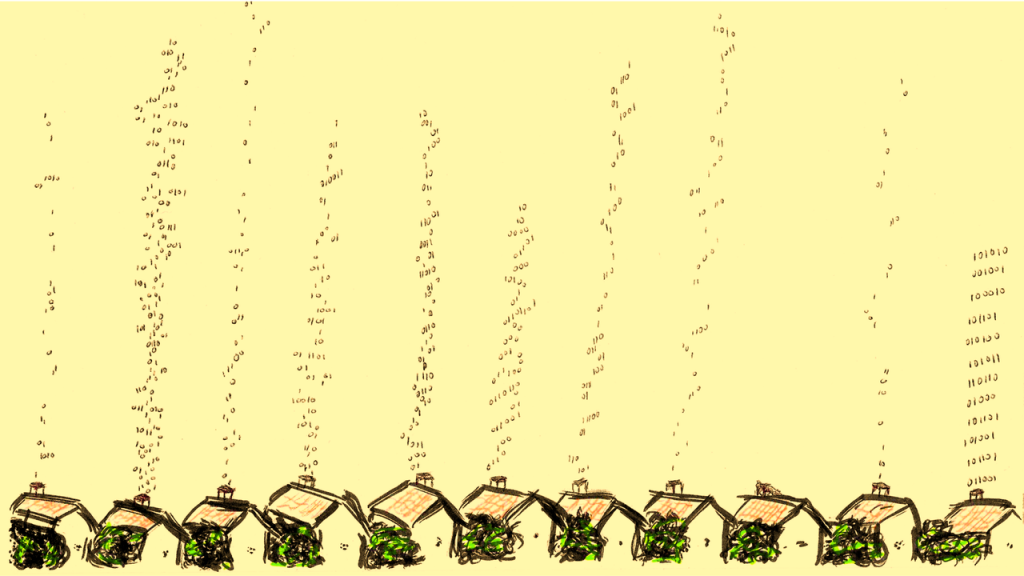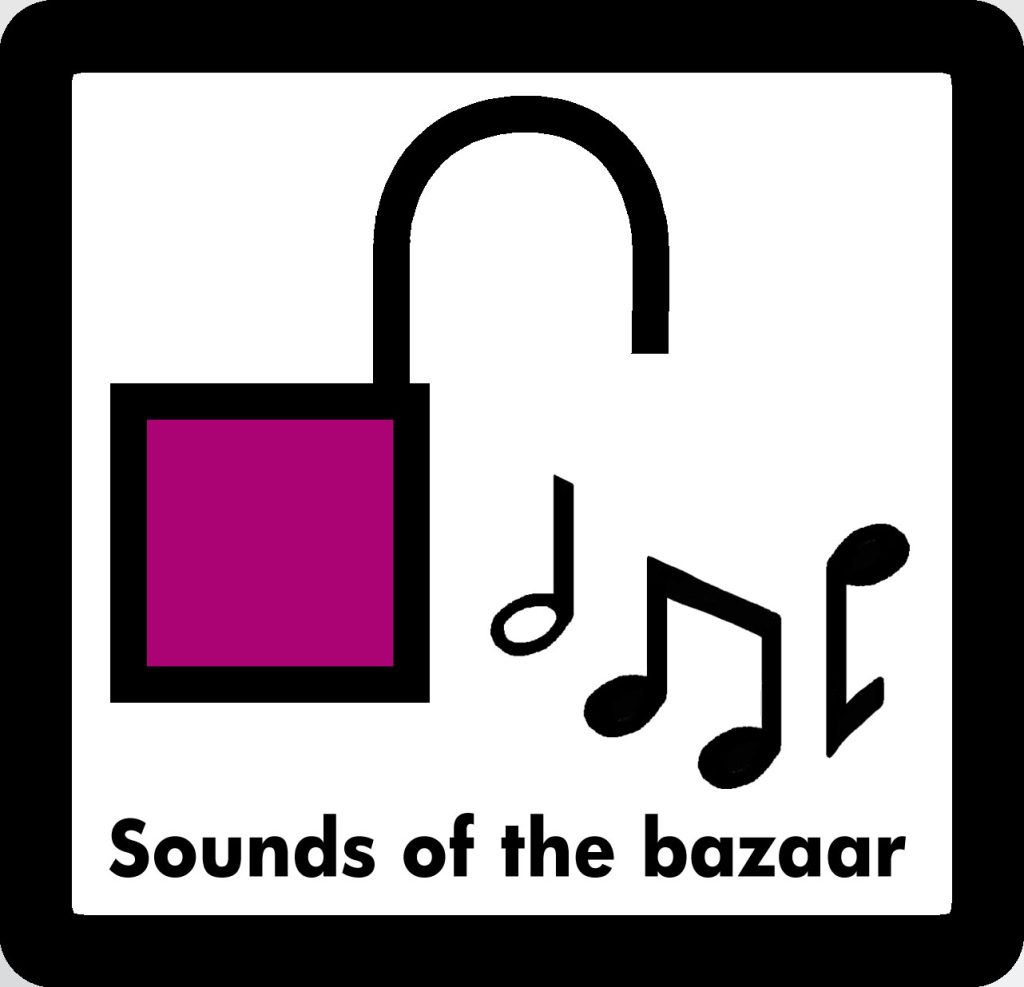AI and Motivation for Learning

Here's the follow up I promised in my last post about earners' and teachers' Agency and Gen AI.
Motivation plays a crucial role in the learning process. As opposed to behaviorist theories of learning, learners are increasingly seen as active participants in learning leading to a focus on how learners make sense of and choose to engage with their learning environments (National Academies of Sciences, Engineering, and Medicine. 2018). Cognitive theories, for example, have focused on how learners set goals for learning and achievement and how they maintain and monitor their progress toward those goals. While earlier research focused largely on the classroom environment, newer research, especially following the emergency online learning turn during the Covid19 emergency, has looked at the online learning environment mediated by various forms of technology (Thomas K. F. Chiu, Tzung-Jin Lin, and Kirsti Lonka. 2021) Social interactions mediated by technology affect learning through their impacts on students’ goals, beliefs, affect, and actions (Social interactions mediated by technology affect learning through their impacts on students’ goals, beliefs, affect, and actions (Manjur Kolhar, Raisa Nazir Ahmed Kazi, Abdalla Alameen, 2021).
“Motivation is also increasingly viewed as an emergent phenomenon, meaning it can develop over time and change as a result of one’s experiences with learning and other circumstances” (Thomas K. F. Chiu, Tzung-Jin Lin, and Kirsti Lonka, 2021) . Research suggests, for example, that aspects of the learning environment can both trigger and sustain a student’s curiosity and interest in ways that support motivation and learning (Hidi and Renninger, 2006). Of course the converse can apply with learning environments reducing motivation.
There are an increasing number of studies looking at how Generative AI impacts on learning and motivation. Yet many of these are attempting to measure the effectiveness of learning and rely on achievement in assessment as a proxy for learning. Excepting learning to program, there is limited evidence from Vocational Education and Training, despite VET being largely learning outcomes based. However, measuring effectiveness and motivation in VET is made more complicated by the many different models of VET provision.
Neither is there any consensus about the efficacy of AI for learning. In his OL Daily Newsletter, Stephen Downes (2024) discusses a LinkedIn post from Ethan Mollick stating "AI can help learning... when it isn't a crutch." Mollick cites three papers: firstly AI Meets the Classroom: When Does ChatGPT Harm Learning? which states "Using LLMs as personal tutors by asking them for explanations improves learning outcomes whereas excessively asking LLMs to generate solutions impairs learning." Second, Generative AI Can Harm Learning says "students attempt to use GPT-4 as a 'crutch' during practice problem sessions, and when successful, perform worse on their own" though "These negative learning effects are largely mitigated by the safeguards included in GPT Tutor." Third, Effective and Scalable Math Support says "chat-based tutoring solutions leveraging AI could offer a cost-effective and operationally efficient approach to enhancing learning outcomes for millions of students globally." Downes concludes “All these results are, at worst, mixed, and at best, show genuine promise in AI for improving learning.”
Of course, motivation is only one factor in improving learning. Motivation is generally divided between Intrinsic and extrinsic motivation. Generative AI can potentially enhance intrinsic motivation through immediate feedback and adaptive challenges and enabling more creative and open-ended projects that align with students' interests It can also offer novel and engaging ways to interact with learning materials. But Artemova (2024) says “it has been demonstrated that students are primarily involved with learning activities for reasons other than epistemological curiosity or a desire to learn. Instead, they are motivated by the desire to interact with technology or to meet the expectations set by educational software.”
And while extrinsic motivation can be effective, over-reliance on AI-powered reward systems or gamification elements may lead to a focus on external rewards rather than the inherent value of learning. There is also a danger that students might become overly dependent on AI assistance, potentially undermining their confidence in their own abilities and the ease of generating content with AI might lead to questions about the authenticity of student work, potentially impacting intrinsic motivation. A further concern is that the availability of instant AI-generated answers might reduce students' motivation to engage in effortful cognitive processes.
Inna Artemova (2024) who has undertaken an analysis of 69 articles for her paper Digital Education Review ‘Bridging Motivation and AI in Education: An Activity Theory Perspective’ concludes “that in 56 research papers motivation is seen as extrinsic, which implies a greater involvement of students in the learning process due to increased interactivity and adaptability of the content (Yang et al., 2020). Through text analysis, it is clear that this type of motivation is driven by motives-stimuli, such as personalised learning environments (Bulathwela et al., 2024), which in fact means that motivation in this case is secondary to the AI implementation and is guided by the AI.”
If I may add a personal viewpoint drawn from my own learning of Spanish using the popular DuoLingo online learning environment, which is heavily gamified and provides personalised learning content, it develops both intrinsic and extrinsic motivation. Particularly effective is the exhortation to practise regularly using the idea of a ‘streak’ based on how many continuous days you have accessed the application (although it also allows a limited streak freeze. I have now been learning on DuoLingo for a three year streak. How effective my learning has proved to be is another question.
Clearly, as with so much on AI and education, this is an emergent area of research with contested viewpoints. But we would tentatively conclude that while Generative AI offers many opportunities to enhance motivation, it may also present challenges that need to be addressed. Educators must be aware of these potential pitfalls and develop strategies to maintain healthy motivational patterns in AI-enhanced learning environments.
References
Bastani, B., Bastani, O., ASangu A., Ge, H., Kabakcı. O., Mariman, R. (2024) Generative AI Can Harm Learning, https://papers.ssrn.com/sol3/papers.cfm?abstract_id=4895486
Bulathwela, S., Pérez-Ortiz, M., Holloway, C., Cukurova, M., & Shawe-Taylor, J. (2024). Artificial Intelligence Alone Will Not Democratise Education: On Educational Inequality, Techno-Solutionism and Inclusive Tools. Sustainability, 16(2), 781. https://doi.org/10.3390/su16020781
Downes, S. (2024) Student use of LLMs can inhibit learning, https://www.downes.ca/post/77127
Henkel, H., 1, Horne-Robinson, H., Kozhakhmetova, N., Lee, A. Effective and Scalable Math Support: Experimental Evidence on the Impact of an AI- Math Tutor in Ghana . https://arxiv.org/ftp/arxiv/papers/2402/2402.09809.pdf
Hidi, S., & Renninger, K. A. (2006). The Four-Phase Model of Interest Development. Educational Psychologist, 41(2), 111–127. https://doi.org/10.1207/s15326985ep4102_4
Inna Artemova (2024) Bridging Motivation and AI in Education: An Activity Theory Perspective, in Digital Education Review, https://revistes.ub.edu/index.php/der/article/view/46120
Kolhar, M., Nazir R., Kazi, A., Alameen, A. (2021) Effect of social media use on learning, social interactions, and sleep duration among university students, Saudi Journal of Biological Sciences, Volume 28, Issue 4,
Matthias Lehmann,M., Cornelius, P., Sting F. (2024) AI Meets the Classroom:
Mollick, E. (2024) https://www.linkedin.com/posts/emollick_ai-can-help-learning-when-it-isnt-a-crutch-activity-7250556786640924672-Enhg/
National Academies of Sciences, Engineering, and Medicine. 2018. How People Learn II: Learners, Contexts, and Cultures. Washington, DC: The National Academies Press. https://doi.org/10.17226/24783.
Thomas K. F. Chiu, Tzung-Jin Lin, and Kirsti Lonka. (2021) Motivating Online Learning: The Challenges of COVID-19 and Beyond, https://link.springer.com/content/pdf/10.1007/s40299-021-00566-w.pdf
When Does ChatGPT Harm Learning?, https://arxiv.org/pdf/2409.09047v1
Yang, D., Oh, E.-S., Wang, Y. (2020). Hybrid Physical Education Teaching and Curriculum Design Based on a Voice Interactive Artificial Intelligence Educational Robot. Sustainability,12(19), 8000. https://doi.org/10.3390/su12198000




